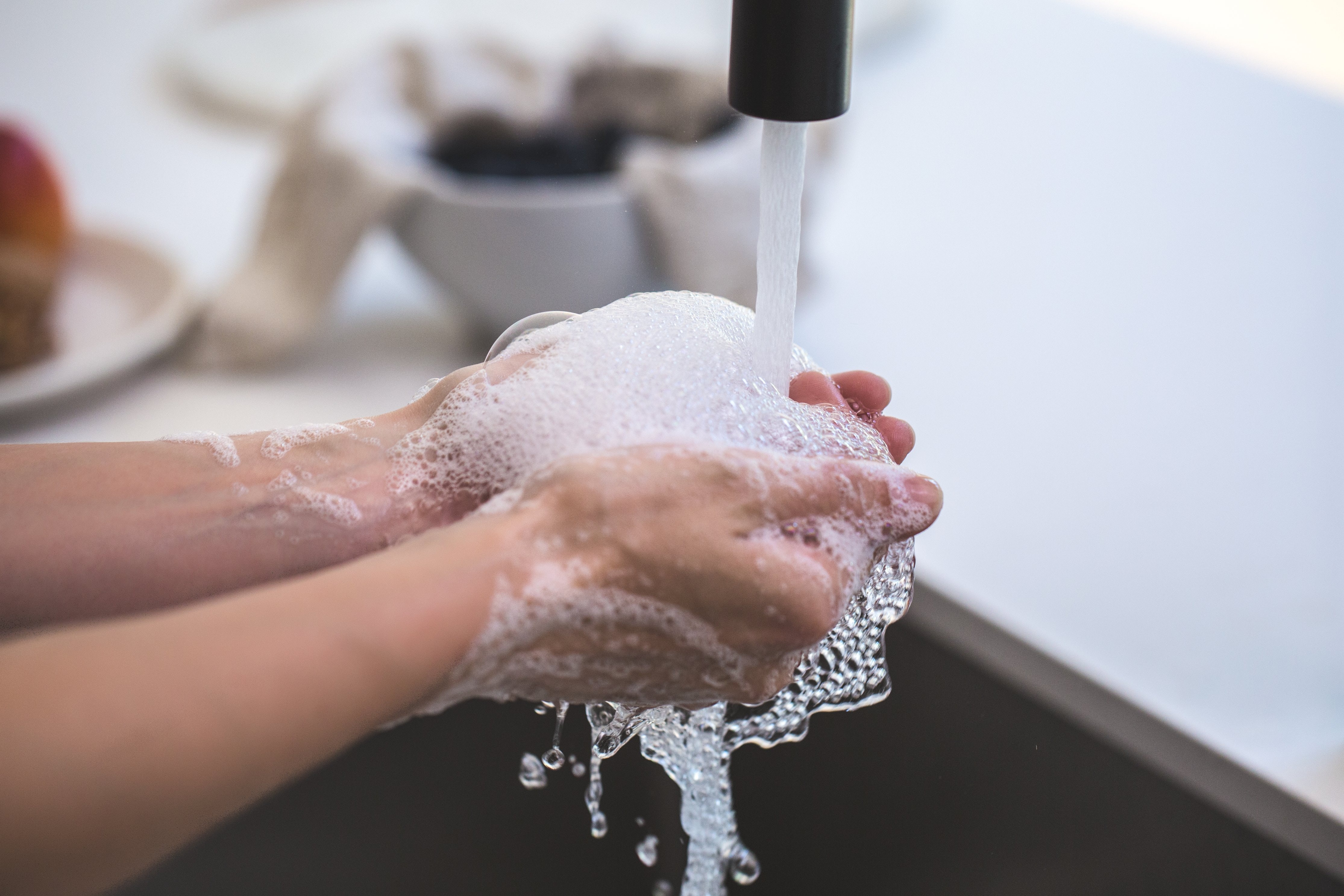#The Handbook to Keeping Your Hygiene at Its Best

Table of Contents
Keeping up with your hygiene is critical to your health and happiness. You must maintain proper hygiene to keep yourself and the people around you healthy and disease-free. More than ever, proper hygiene must be practiced because of the ongoing epidemic. Personal, dental, and environmental hygiene are all topics that are discussed in this article.
Good Hygiene Practices
Maintaining good personal hygiene is important for many reasons, including reducing the risk of spreading infectious illnesses. When you maintain cleanliness, you reduce the likelihood of germs, bacteria, and viruses spreading from one person to another.
Clean Your Hands
It’s important to wash your hands often, but it’s even more crucial to minimize the time you spend touching your face, which may spread bacteria from your hands to your mouth, nose, and eyes. If you wash your hands often, it is particularly important to use lotion to prevent dry, cracked skin that may lead to illness.
Sanitation of the Body
Use a washcloth or loofah to exfoliate your skin as you shower or bathe gently. This is a great way to shed those extra layers of skin and keep your body smelling fresh. To avoid the spread of germs, you should also trim your nails and clean them with a nail brush regularly.
Proper Clothes Maintenance
It is recommended that you use hot water while washing your garments, as this will help eliminate any germs or bacteria that may be present. You may want to wash an article of clothing separately from the rest of your laundry if you’re worried about germs in case it comes into contact with a sick person. Shoes should be taken off at the entry to reduce the spread of dirt and bacteria.
Oral Hygiene
Having healthy teeth and a healthy mouth is crucial for maintaining good oral health. This is why it’s essential to follow proper oral hygiene practices, which include brushing your teeth twice a day, flossing daily, and visiting the dentist regularly. An oral health book can be a great resource for learning about proper oral hygiene practices and understanding how to take care of your teeth and gums.
Brushing
It’s important to use fluoride toothpaste as well as a soft-bristled toothbrush while cleaning your teeth. Brush each tooth in a gentle circular motion at an angle of 45 degrees to the gum line. Make sure you brush your tongue, too; it’s a common place for germs that cause foul breath to thrive.
Flossing
It may take some time and effort for someone new to flossing to master the technique. To avoid gum injury, use a clean strip of floss for each tooth, and go slowly. Water flossers and interdental brushes might be helpful if you have trouble with traditional floss.
Mouthwash
When used properly, mouthwash may be a beneficial adjunct to any regular oral care practice. Mouthwash is meant to be gargled for thirty seconds before being discarded. Because of its potentially harmful ingredients, the mouthwash is not intended for ingestion. Also, use an effective mouthwash, such as an anti-cavity or anti-gingivitis mouthwash, for your specific requirements.
Hygiene in the Environment
Environmental hygiene refers to the cleanliness and safety of the immediate surroundings, including homes, workplaces, public places, and community areas. Maintaining good environmental hygiene is essential for preventing the spread of infectious illnesses and maintaining a healthy living and working environment.
Polishing the Outside
While disinfecting surfaces, always follow the product’s directions as specified by the manufacturer. It’s important to leave a disinfectant wipe wet for as long as the instructions say it should be left on the surface before wiping it dry. Do not neglect the regular cleaning of your phone and other electronic equipment; they may serve as incubators for bacteria.
The State of the Air
An air purifier is an excellent investment if you worry about indoor air quality. Allergens, pollutants, and other airborne particles may be filtered out using such devices. Furthermore, fresh air may be brought into the house by simply opening the windows and doors.
The Issue of Food Safety
Always use clean cutting boards and equipment when preparing raw meat to avoid spreading bacteria. During cooking, it’s important to wash your hands regularly, particularly after touching raw meat. Remember to carefully wash your produce before consuming it since it may contain germs if not properly prepared. Last but not least, remember to throw out anything that has gone bad or is over its expiry date.
Conclusion
Hygiene is essential for a long, healthy, and happy existence. Cleanliness—both personal and environmental—is crucial. Clean hands, body, and clothing. Brush, floss, and use mouthwash daily for fresh breath. Keep the home, air, and food clean and germ-free. These tips may help you and others avoid illness.
by Rayanne Morriss
If you liked the article, do not forget to share it with your friends. Follow us on Google News too, click on the star and choose us from your favorites.
For forums sites go to Forum.BuradaBiliyorum.Com
If you want to read more News articles, you can visit our General category.



